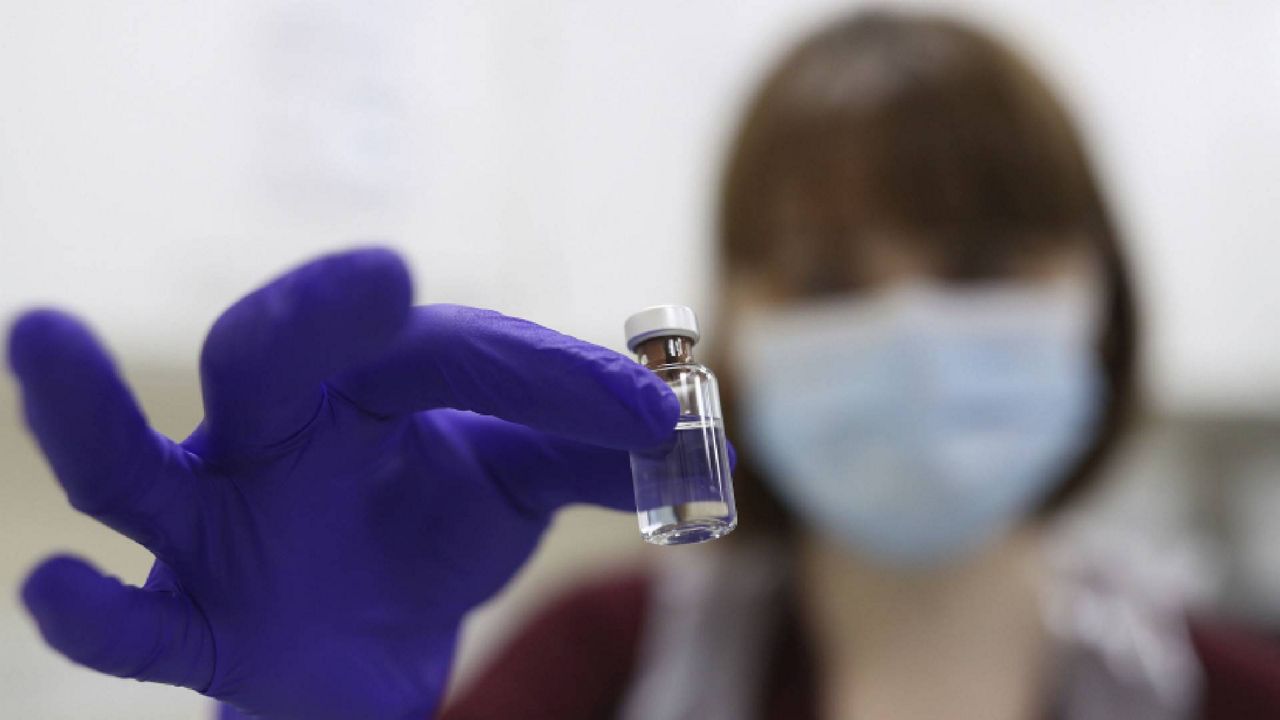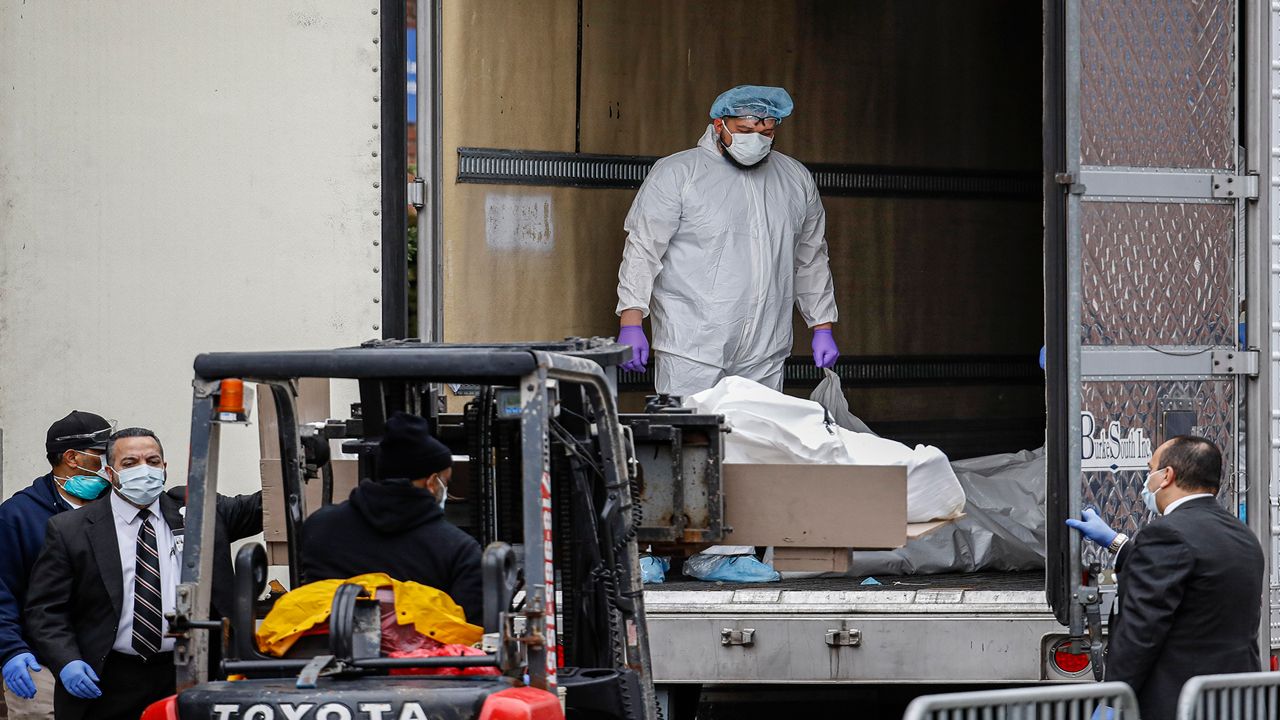CINCINNATI — The University of Cincinnati (UC) is entering the initial stages of joining a national study that aims to examine the impact of COVID-19 across the United States.
UC is one of only 25 sites nationally that will be participating in the COMPASS study.
“The goal of this study is to better understand how COVID-19 is having an impact on local communities,” said Dr. Maggie Powers-Fletcher, an assistant professor of Division of Infectious Diseases at the UC College of Medicine.
She said the study will gauge the prevalence of the disease in a given area but will also look at exposure by doing antibody testing.
The study is looking to enroll 4,000 participants, all of which will be randomly sampled throughout Cincinnati.
“The goal is to get a nice representation of the community,” Powers-Fletcher said. “So, to do that, we need to go out into the community and enroll or recruit from people who are just naturally walking by. And the goal of that is we will have unbiased data that truly represents the community.
Those enrolled in the study will have to complete a brief questionnaire, provide a small blood sample and self-administer a COVID-19 test via nasal swab.
She said the results of the questionnaire will reveal some of the impact that goes beyond the surface level of the pandemic.
“Asking about mental health, and social and risk behavior,” she said. “So, some of that broader impact of the pandemic on individual lives. So, again this takes us a bit broader into the community and gives us a perspective that might not be informing our data right now.”
She said the study will start no later than the beginning of January and hopes the study will be completed by March.
“I think when this pandemic began, and even now, there was so much that we do not know,” Powers-Fletcher said. “That was really scary for a lot of individuals. It was scary for me. It was scary for everyone, I think. What is compelling about research like this is it helps us get answers for the future. Not only the pandemic that we’re fighting right now together, where we need to know what the next steps are, it’s for future things that might come up. Future infections, future public health crises that we need to have a better understanding so we can more rapidly respond and find those solutions faster.”
Participants will also be receiving a $25 gift card for taking part in the study.
To find out more about the study visit www.compassstudy.org.









